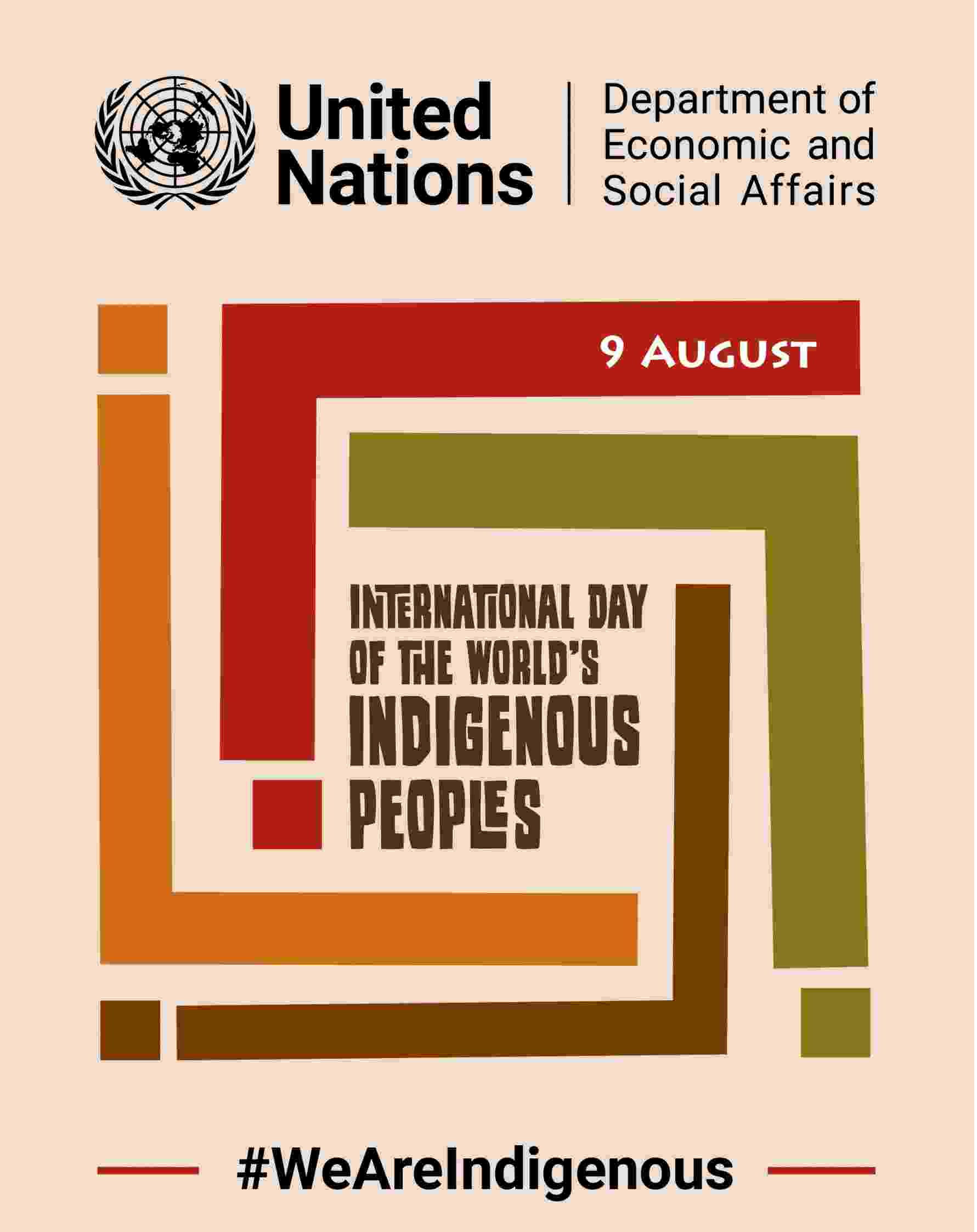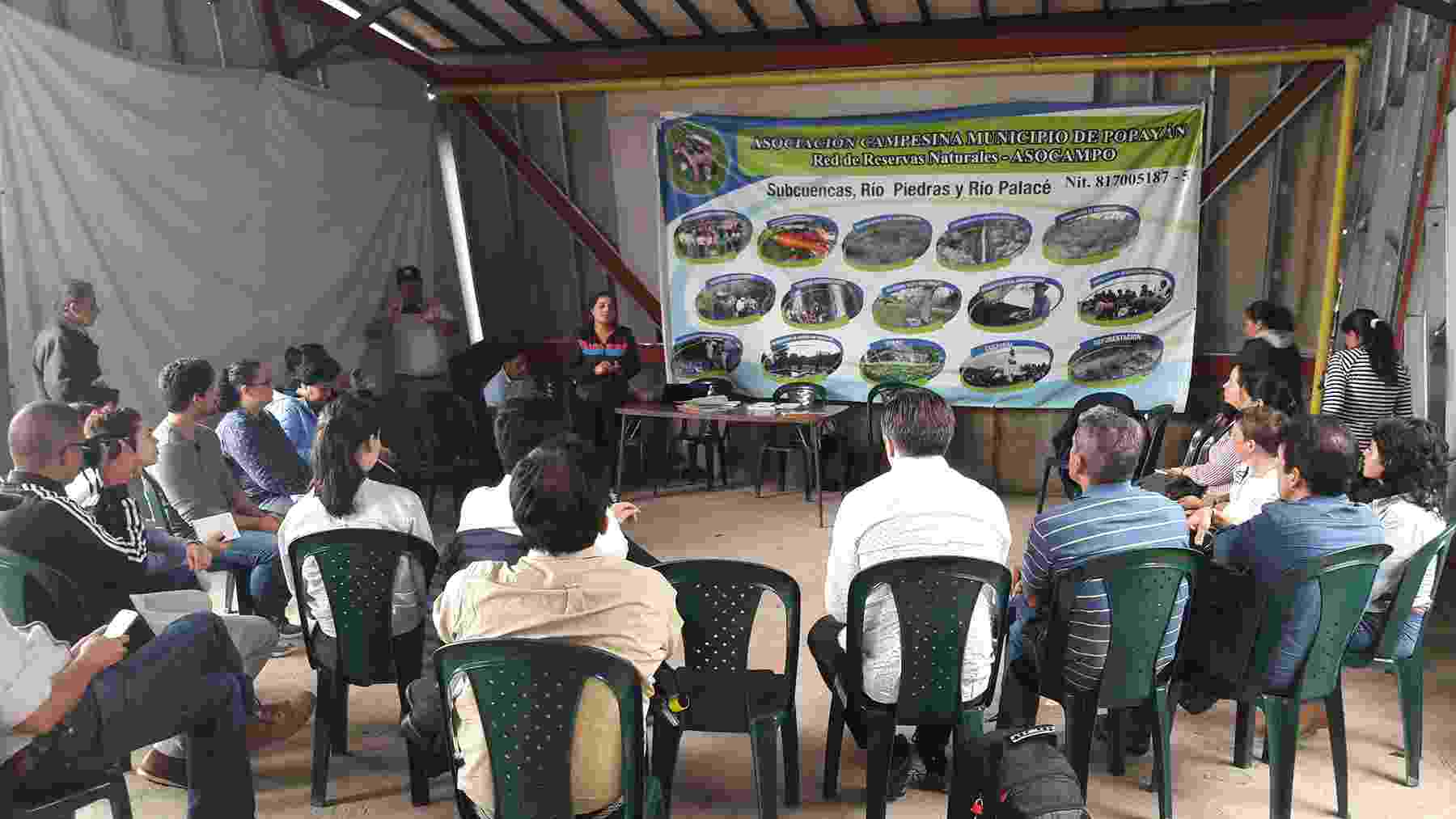Working with indigenous communities for capacity building
In the Upper Cauca River Basin, Colombia
09 August 2021


The UN International Day of the World’s Indigenous Peoples calls for “genuine participation and partnership that fosters equal opportunities and respects the rights, dignity and freedoms of all”, and the vital role of indigenous peoples was recognised in the 2007 UN Declaration on the Rights of Indigenous Peoples (UNDRIP).
The inclusion of indigenous peoples is essential to many aspects of the Hub’s work, with the integration of indigenous and local knowledge alongside academic and scientific approaches informing greater understanding and better decision making. By working in partnership with communities living in the Upper Cauca River Basin, our Colombia Collaboratory's rapid response to COVID-19 assisted communities in protecting themselves against the pandemic.
Using a socio-ecological justice framework, our interdisciplinary team of biologists, medics, environmental scientists, and social workers worked with historically marginalised communities and community-run organisations to build resilience in the face of COVID-19, through bi-lateral engagement and scientific technologies.


Inequitable access to clean water and food security during the pandemic continues to be a major issue in the economic, social, and cultural development of vulnerable communities in Colombia. Socio-technical innovations are vital to the democratisation of water management and access as well as food sovereignty; COVID-19 (the “inequality virus”) exposed the urgent need for such solutions.
In rural areas and urban peripheries, drinking water services are mostly provided by Community Water Supply Organisations (CWSOs). Our researchers worked with organisations such as ASOCAMPO to co-create virtual forums, reaching over 100 people, to address the challenges they faced because of the pandemic. The women leaders of ASOCAMPO shared a video showing the difficulties of accessing biosafety materials that the rural communities of the Las Piedras Basin were facing. As a result of this forum, ASOCAMPO received a donation that allowed them to distribute biosafety products to hundreds of community members.


Hub colleagues meeting with ASOCAMPO
COVID-19 also exposed failures in the existing regulatory frameworks of CWSOs such as the inability to collect payments (due to mobility restrictions) and the challenges of ensuring equitable water supply due to increased water demand, caused by more rigorous hygiene practices and migration from city to rural areas. Our researchers worked with CWSOs to analyse these factors and develop policy guidelines for community organisations that manage water and sanitation in rural and peri-urban areas. CWSOs are taking these guidelines to the Community Water Management Working Group, a forum for engaging with the Vice Ministry of Water and Sanitation of Colombia and have been invited to develop a comprehensive action plan for the basin that guarantees the human right to water.
The creation of such bilateral research would not be possible without the contributions of indigenous and local communities living in the basin – the inclusion of marginalised and typically excluded voices is fundamental in achieving water security and SDG 6.
Further collaborative research between the Colombia team and indigenous and local communities of the Upper Cauca River Basin is already planned and will develop on the existing work on COVID-19, water security, and food sovereignty, with social and economic benefits for all.



